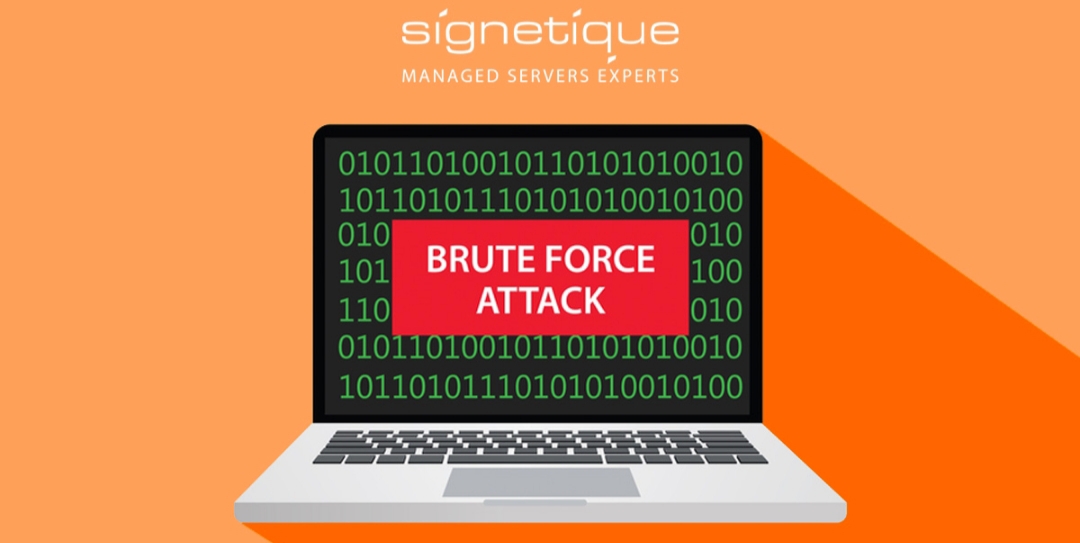How to Prevent Brute Force Attacks and all you need to Know

If you do not know how to prevent brute force attacks especially if you have a website powered by WordPress you are putting yourself at a great risk.
A brute force attack refers to a method employed to gain illegal access to a website, a given server or any subject that requires a password before it can be accessed. This is made possible by combining various usernames or common passwords/passcodes before something pans out. It isn’t new that every website that deals with logging on to a portal requires a password to do so. Therefore, many unscrupulous elements devise any means to gain undue access to an individual or organization’s profile.
On a surface level, people have tried to guess the passwords of others by trying to associate such passwords with a person’s name, moniker, and date of birth amongst other common information. However, it is pretty hard for someone to be able to guess password combinations especially if they are alphanumeric or they contain special symbols.
How does Brute Force work? Simple! Computers. Supercomputers in fact. We all know supercomputers are not easily accessible. What then is left for people to explore? Hackers. They make use of various computer resources in hacking into various systems to collect information.
More often than not, a hacker aims to access specific websites illegally and access invaluable information. This information can be traded for money or they can be used to wreck varying degrees of havoc. Furthermore, may shut down an organization’s network. Worse still, a hacker may attach malicious scripts to a website which makes it dangerous when viewed because viruses can infect a user’s devices. Such hacker does not even leave any trace.
In the long run, these attacks are not beneficial to the site owners and users. They are at the risk of being blackmailed because their information is not secure and unscrupulous elements have access to their information. Such information can be used against them in various capacities.
Different tools abound which are used as security measures against hacking attempts. Such tools include Fasil2ban and Deny. These tools can be employed on SSH. These tools work in such a way that after a certain number of futile attempts, an IP address shall be denied from accessing a website.
These tools do great jobs and that is commendable. Unfortunately, there has been a surge in the attempts of brute force attacks in the world recently. Hackers have been laden with more modern tools and they have been devising more means to hack sites and servers. Therefore, it is recommended that we are all more security conscious.
An example is given of Blogger and WordPress which powers many websites and are open source web development platforms. Therefore, their popularity means that they are potential victims of malicious acts. We shall provide below measures on how to prevent brute force attacks.
How to Prevent Brute Force Attacks
Increase Password length
Many websites make provisions for a minimum of 6-8 characters for passwords. It is recommended that a user provides at least 10 characters for password. This is done to increase the uncertainty of a password being compromised.
Make a password complex
Many of us input alphabets only as passwords but given the sophistication of hackers, that might be a bad idea now. Therefore, it is recommended to include numbers and special characters as a password.
Set a number of login attempts
A reduced number of login attempts should be set to eliminate the trial and error method. Setting login attempts to 3 is highly recommended. After 3 incorrect attempts, the user shall be refused access to the website unless he/she requests for a password change which can only be effected in a username.
Use Captcha
“Prove that you’re not a robot”. This is a common phrase encountered when one is trying to log on to a website. This measure is taken because hackers have employed the use of bots who execute automated scripts which can shut a system down or access information. Therefore, installing a reCaptcha plugin in websites is highly recommended.
Frequent Password Change
A regular change of passwords should be utilized because of the sophisticated tools available to access an individual’s information. Therefore, to minimize the risk of being hacked, it is recommended that users change their passwords regularly. This shall make the task of trying combinations to get a password a more herculean task.
Use a Security Plugin
Like we explained earlier, the commonly attacked websites are WordPress powered websites since they require a username and password to access its back-end. WordPress is so flexible and there are many plugins available for specific tasks. For security, we recommend installing the plugin WordFence security as it can help to automate all above-listed processes.














